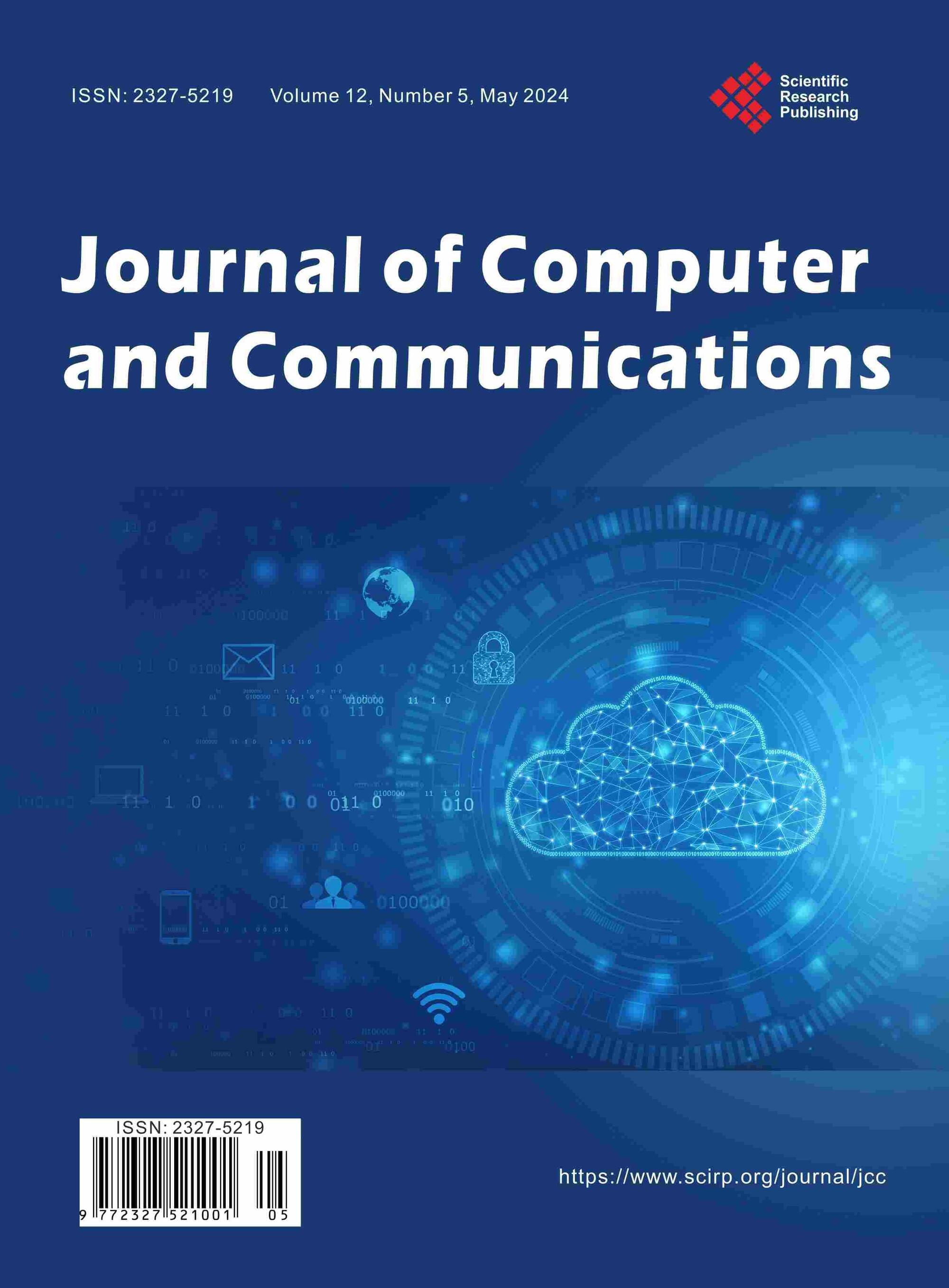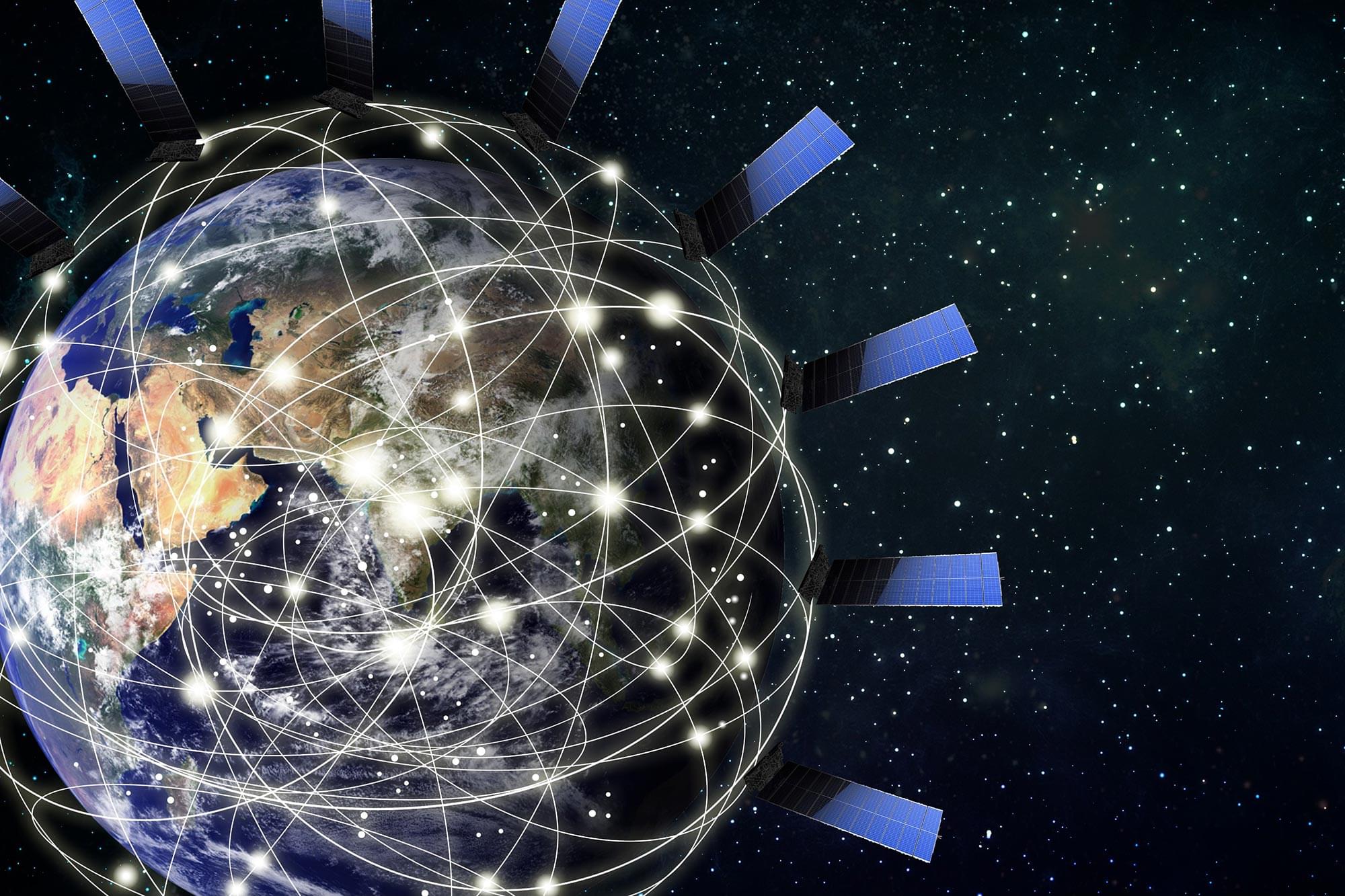Quantum Internet Alliance (QIA) researchers at TU Delft, QuTech, University of Innsbruck, INRIA and CNRS recently announced the creation of the first operating system designed for quantum networks: QNodeOS. The research, published in Nature, marks a major step forward in transforming quantum networking from a theoretical concept to a practical technology that could revolutionize the future of the internet.
“The goal of our research is to bring quantum network technology to all. With QNodeOS we’re taking a big step forward. We’re making it possible—for the first time—to program and execute applications on a quantum network easily,” says Prof. Dr. Stephanie Wehner, Professor of Quantum Computer Science at TU Delft’s quantum technology research institute QuTech, who led the study. “Our work also creates a framework opening entirely new areas of quantum computer science research.”







